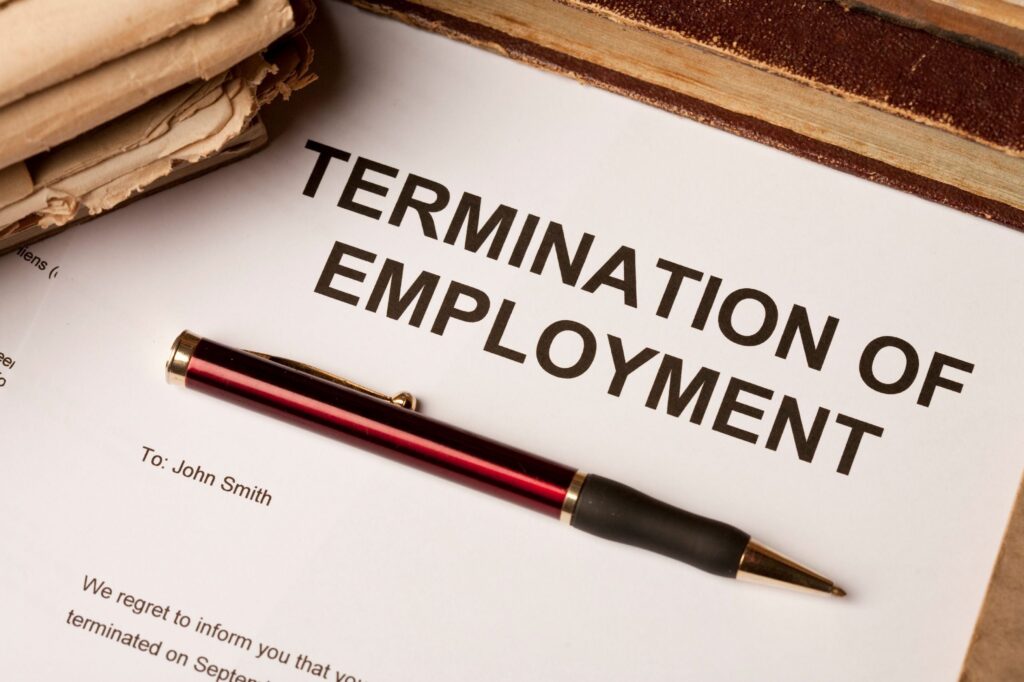A new code of practice on preventing bullying in the workplace quietly came into effect at the end of last year. The Health and Safety Authority (HSA) and Workplace Relations Commission (WRC) have worked together to produce a unified code of practice encompassing both employment law and health & safety compliance.
The ‘Code of Practice for Employers and Employees on the Prevention and Resolution of Bullying at Work’ repeals the two separate codes of practice that were in place.
Prevention and resolution of bullying
The principal aim of the new code is to provide guidance for employers, employees, and their representatives on good practice and procedures for addressing and resolving issues around workplace bullying. The code recommends some new procedures around the management of workplace bullying.
To achieve this purpose, the code specifically:
- Provides practical guidance on identifying, managing and preventing bullying at work arising from employers’ duties under section 8 (2) (b) of the Safety, Health and Welfare at Work Act 2005.
- Is based on good industrial relations principles governing effective engagement and processes in the workplace.
- Highlights the procedure to be put in place by employers and the need to clearly state that bullying in the workplace is not acceptable and complaints of bullying will be dealt with sensitively.
- Reinforces obligations for employers to progress complaints informally where possible, and otherwise, as appropriate, formally.
- Emphasises the importance of records being kept of interventions and decisions in line with General Data Protection Regulation (EU) 2016/679 and the Data Protection Act 2018.
Contact person
The code states that there may be value in appointing a ‘Contact Person’ who acts as the first step for anyone enquiring about a possible bullying case.
The appointment of a Contact Person often helps to resolve matters earlier and more effectively. The role of the Contact Person generally would be a supportive one: to listen and offer guidance on options in line with company policy and procedures, all on a strictly confidential basis.
This may not be practical for all organisations, however, where it is the chosen route, personnel for this role should be carefully selected and trained. The Contact Person will have no role in the investigation of any complaints and should not be tasked with any further involvement in the details or right and wrongs of a complaint.
Secondary informal process
A second key point to note is the recommendation to add a ‘secondary informal process’ to a bullying management process.
Should a first attempt at resolving a bullying complaint informally fail, or should any of the parties deem the initial informal process unsuitable, the code sets out details of a secondary informal process to consider before instituting the formal process, and a right of appeal.
The code acknowledges that not all organisations will have the in-house expertise to manage a full formal process and states that “…micro organisations will need to consider at the outset of the formal process how they would manage a request for appeal and this may require outside independent support.”
Conclusion
Failure to follow the advice contained in a code of practice is not an offence but the terms of the code of practice are admissible as evidence in the WRC, Labour Court and civil courts if relevant to any question arising in the proceedings.
Employers will need to review existing policies in light of the new code of practice and include any of the new anti-bullying procedures that are relevant.
Need our help?
For further advice on the Bullying Code of Practice, speak to an expert now on 01 886 0350 or request a callback here.








